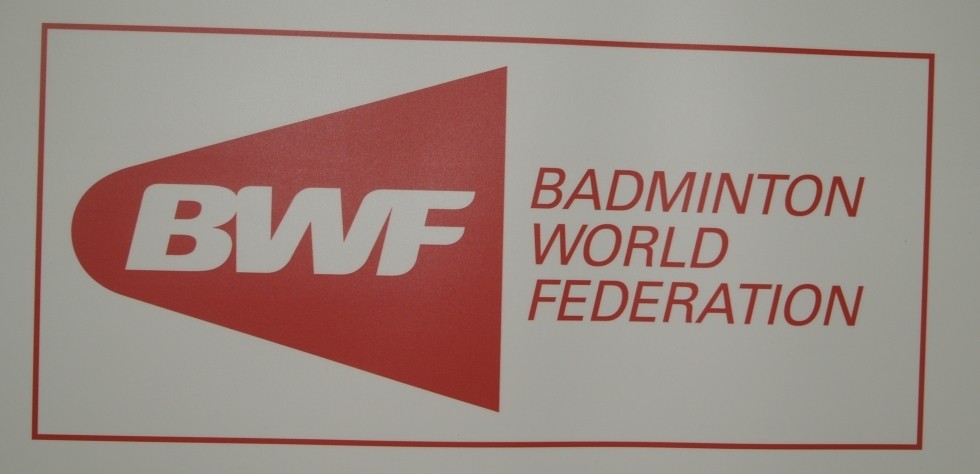The Badminton World Federation has reported two allegations of attempted match-fixing to police authorities and has been cooperating fully in an ongoing investigation into these matters.
In June this year, the BWF was notified – under its Betting “Whistle Blower” System – by two players that they were approached and invited to conspire with other persons to fix badminton matches. The players declined to get involved in match fixing.
Acting upon legal advice, the BWF informed the appropriate police authorities of what they had been told, lodged a report and handed over related documents. Thereafter, the BWF informed the two players of what actions had been taken and that the matter is being investigated.
The person soliciting the players’ involvement is a person outside the badminton community and it is therefore not possible or legal for BWF to investigate this matter any further. Therefore, BWF has turned the case over to the appropriate police authorities, who have the necessary legal jurisdiction to investigate it and pursue any legal action.
Up until now, the BWF has opted not to publicise this situation in order not to compromise the ongoing police investigation or to prejudice any potential legal action. The players who reported the case have, however, unilaterally chosen to communicate details of the case to media and BWF has, as a reaction to this public approach, decided to provide this statement to explain the factual circumstances around the case. BWF does not want to disclose any names or further details around the case as a precaution regarding this investigation.
“BWF is very satisfied that the players who were contacted about the match-fixing offer completely rejected it and also reported the case through the BWF “Whistle Blower” System that has been set up precisely to handle such incidents,” said BWF President Poul-Erik Høyer.
“BWF is acutely aware of the threats around match fixing in general and that badminton, as well as other sports, can be targets for criminal activities related to illegal match fixing and illegal betting activities, which is a problem within our societies. It is, however, a very complex and sensitive area that may involve criminal syndicates which are not part of the badminton community, and as such match fixing becomes a matter for the police authorities. The BWF has offered our full cooperation and assistance to the police authorities to resolve this case.”
Stressing that BWF “takes all reports of match-fixing allegations absolutely seriously”, Høyer noted this topic is on the top of the international federation’s agenda and that BWF will always act in accordance with the law and BWF’s integrity principles on such issues.
“While BWF does not think it is advantageous for the resolution of this case that details have been publicised, we do view this as an opportunity to highlight even further to the badminton community that they must be aware of threats from external criminal sources.
“It is especially important that players are aware of the adverse effects of match fixing and that the only safe route is to reject any approaches from individuals soliciting their involvement in match fixing. Such activities are not only contrary to BWF’s integrity principles but also clearly pose risks to the safety of players who become entangled with criminal syndicates.”





























